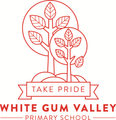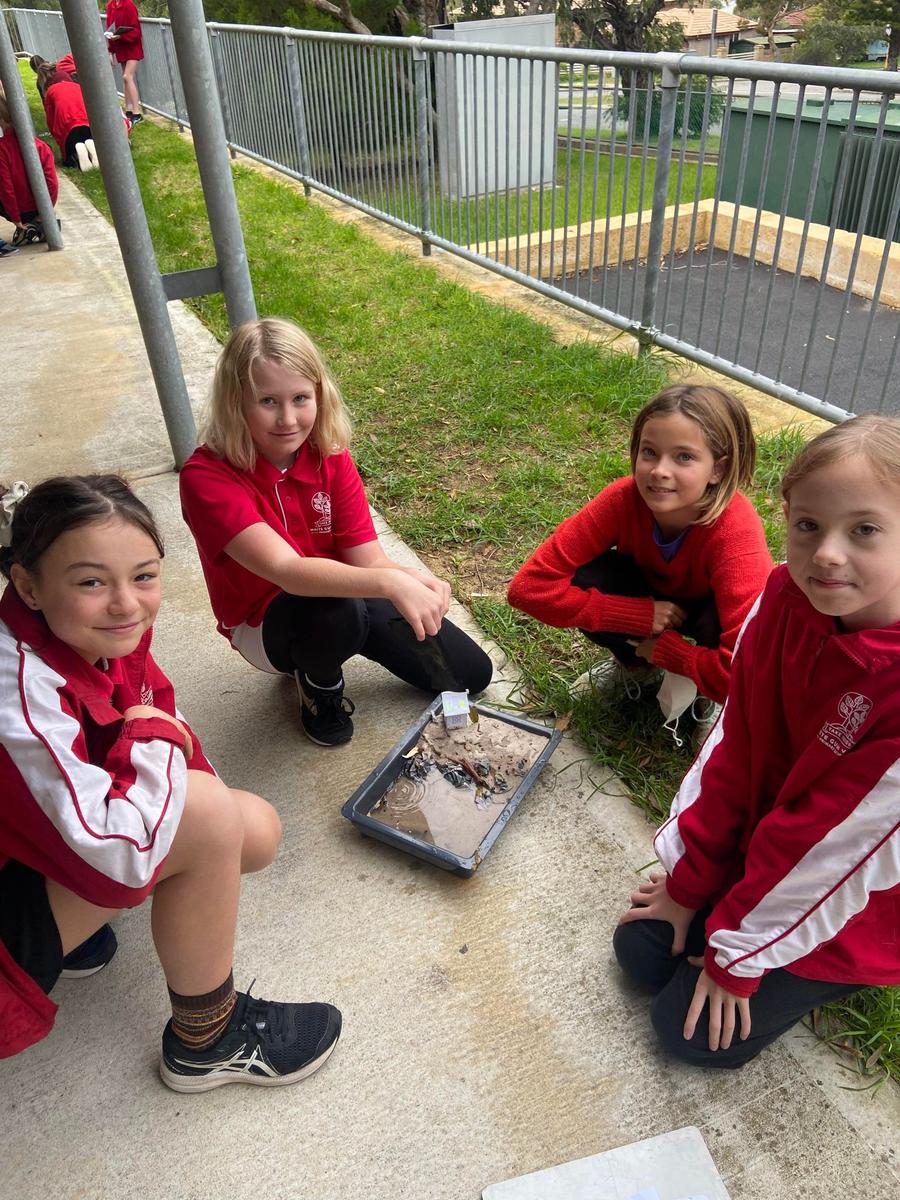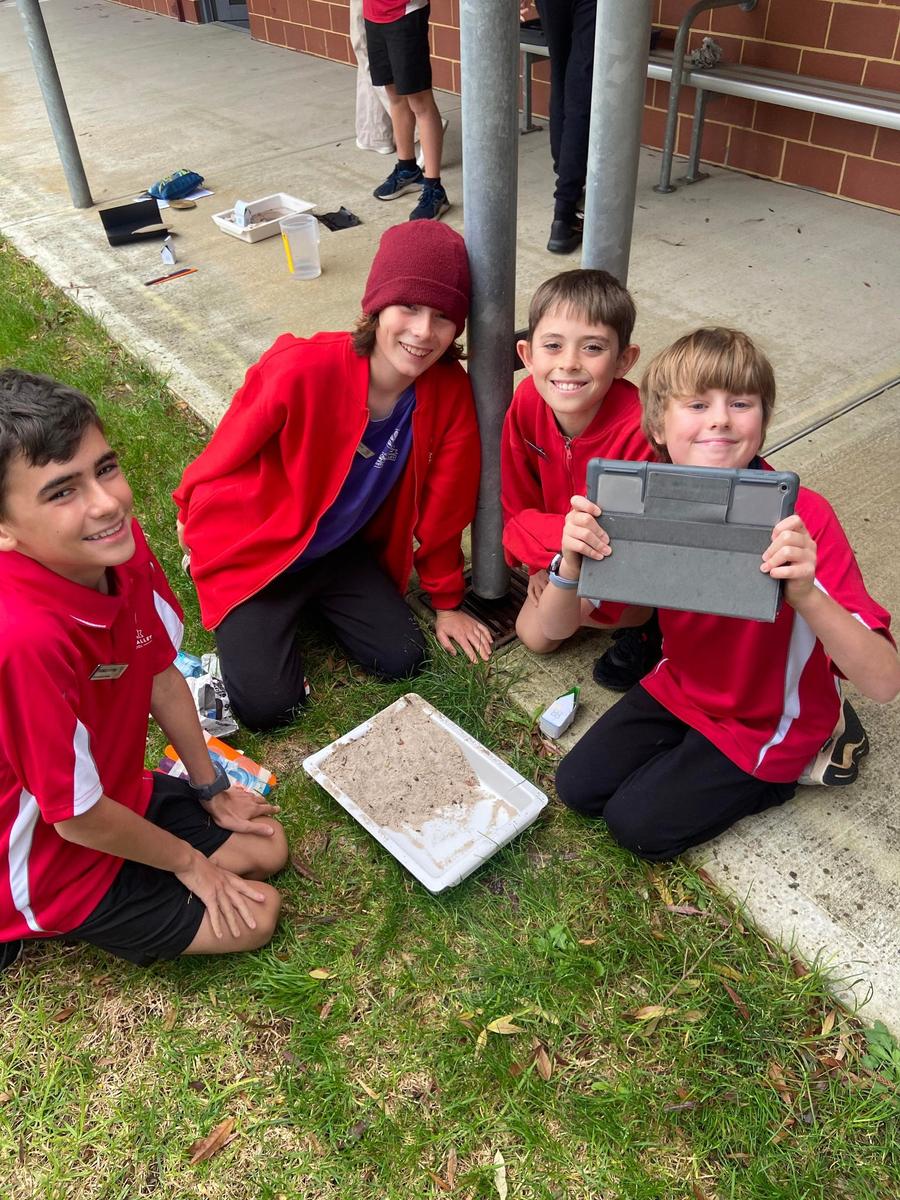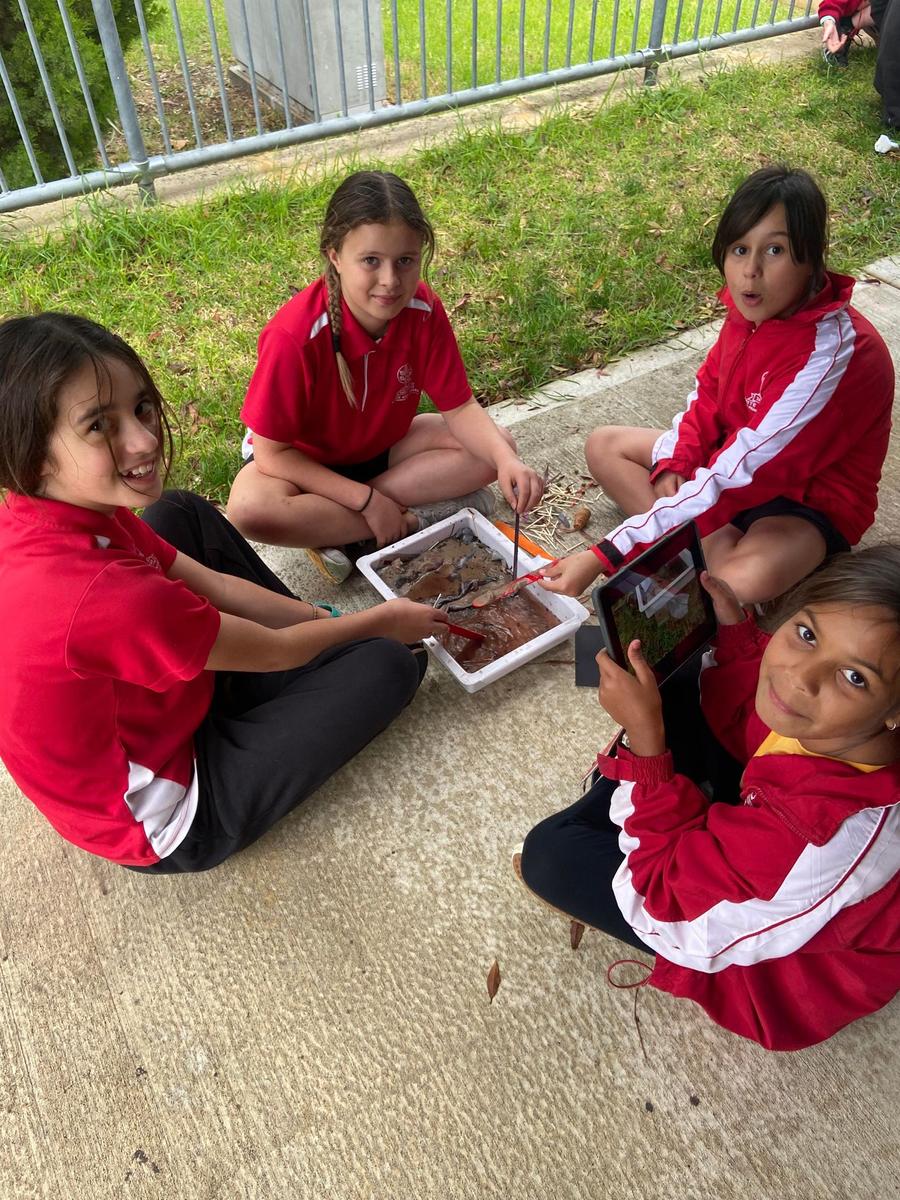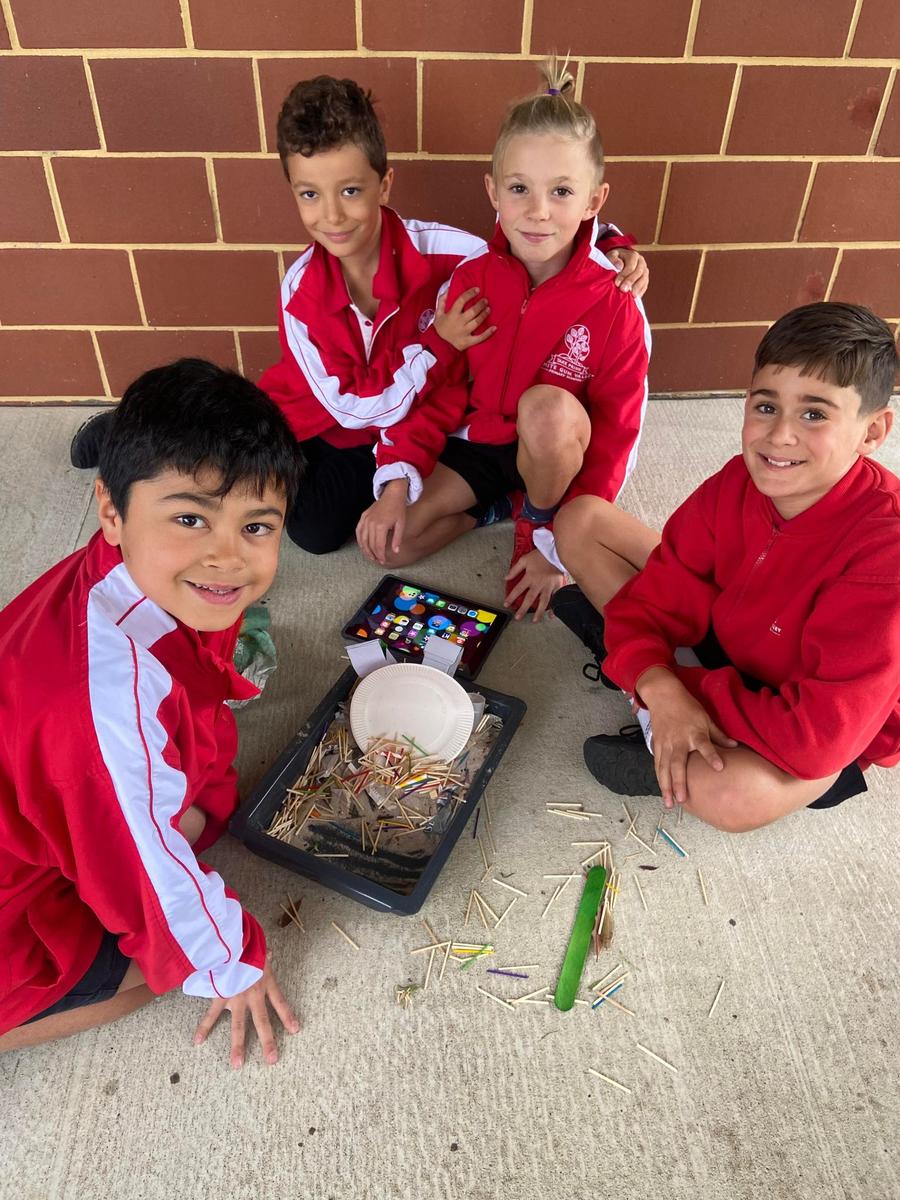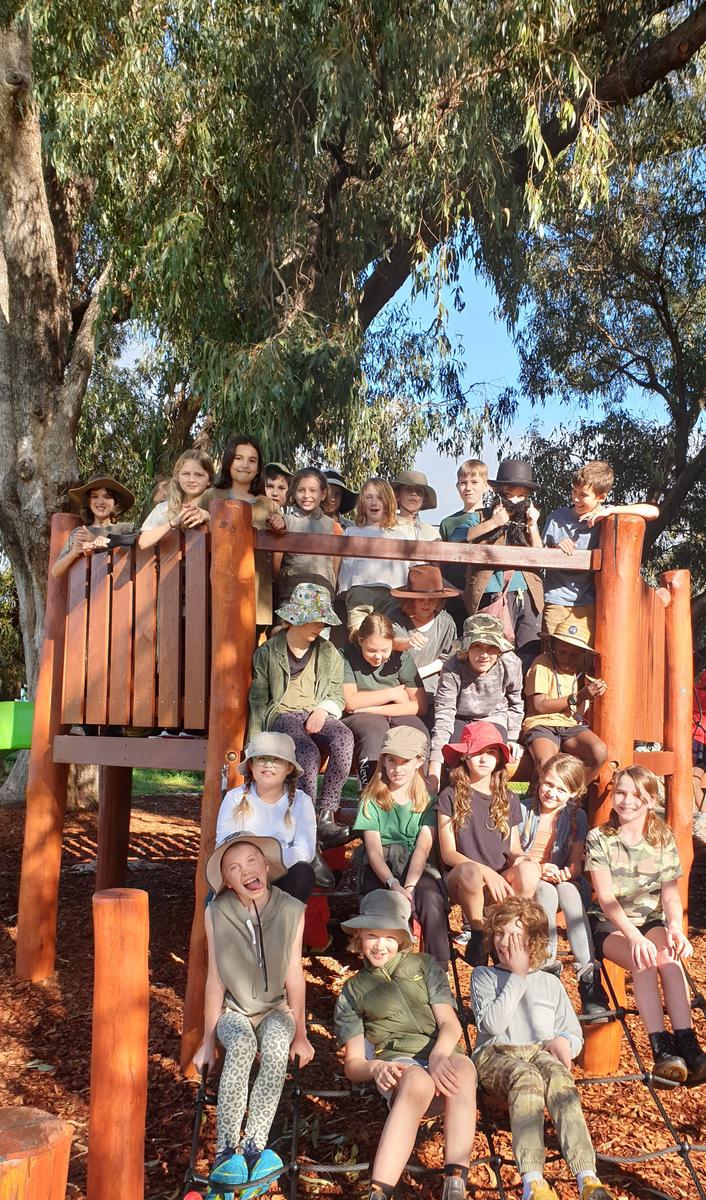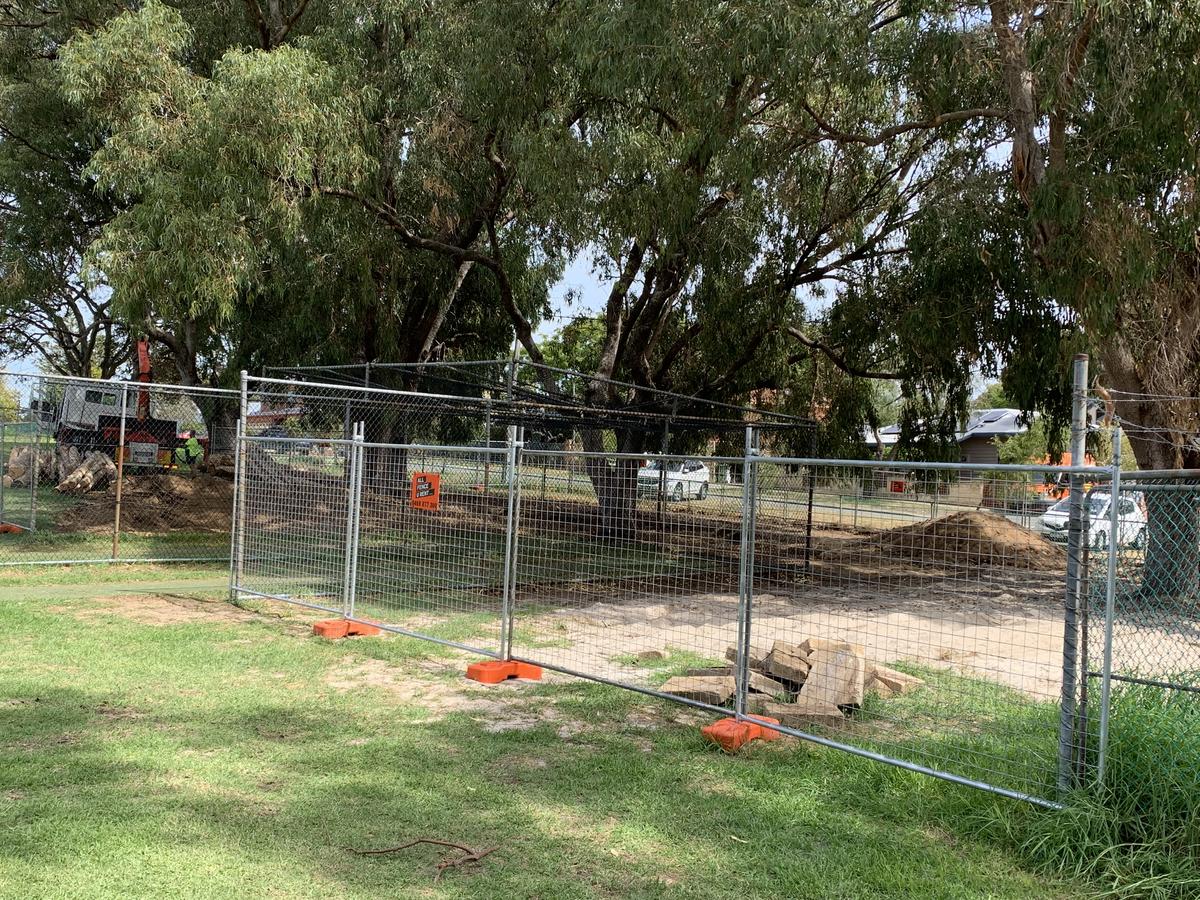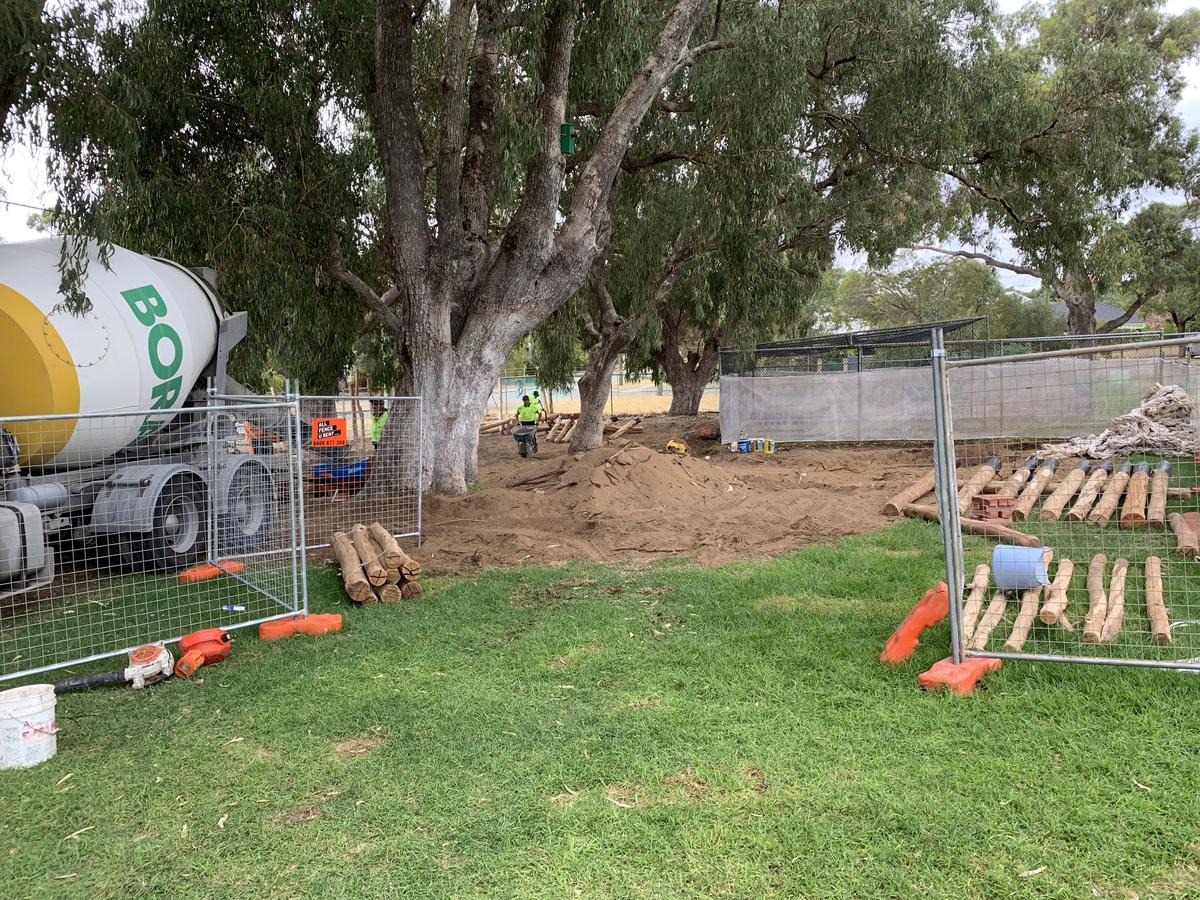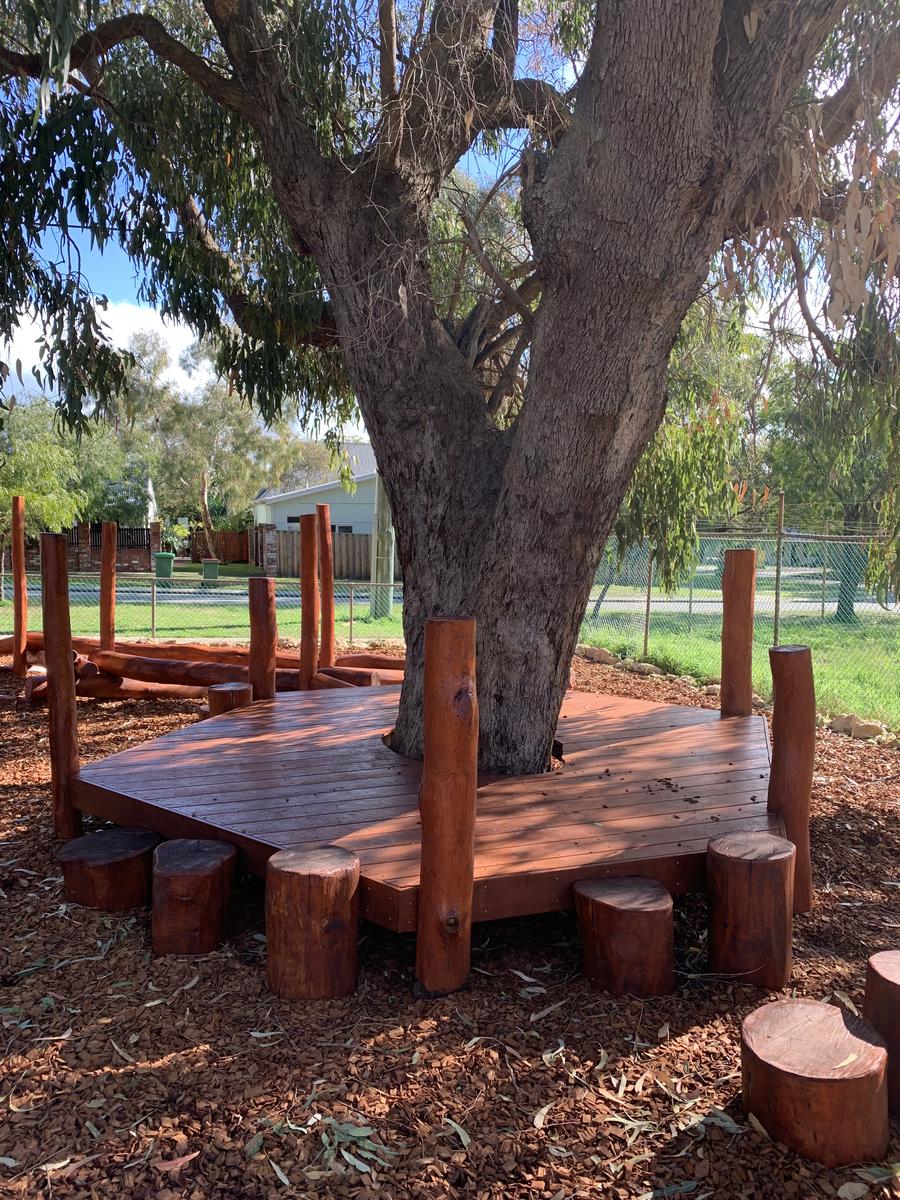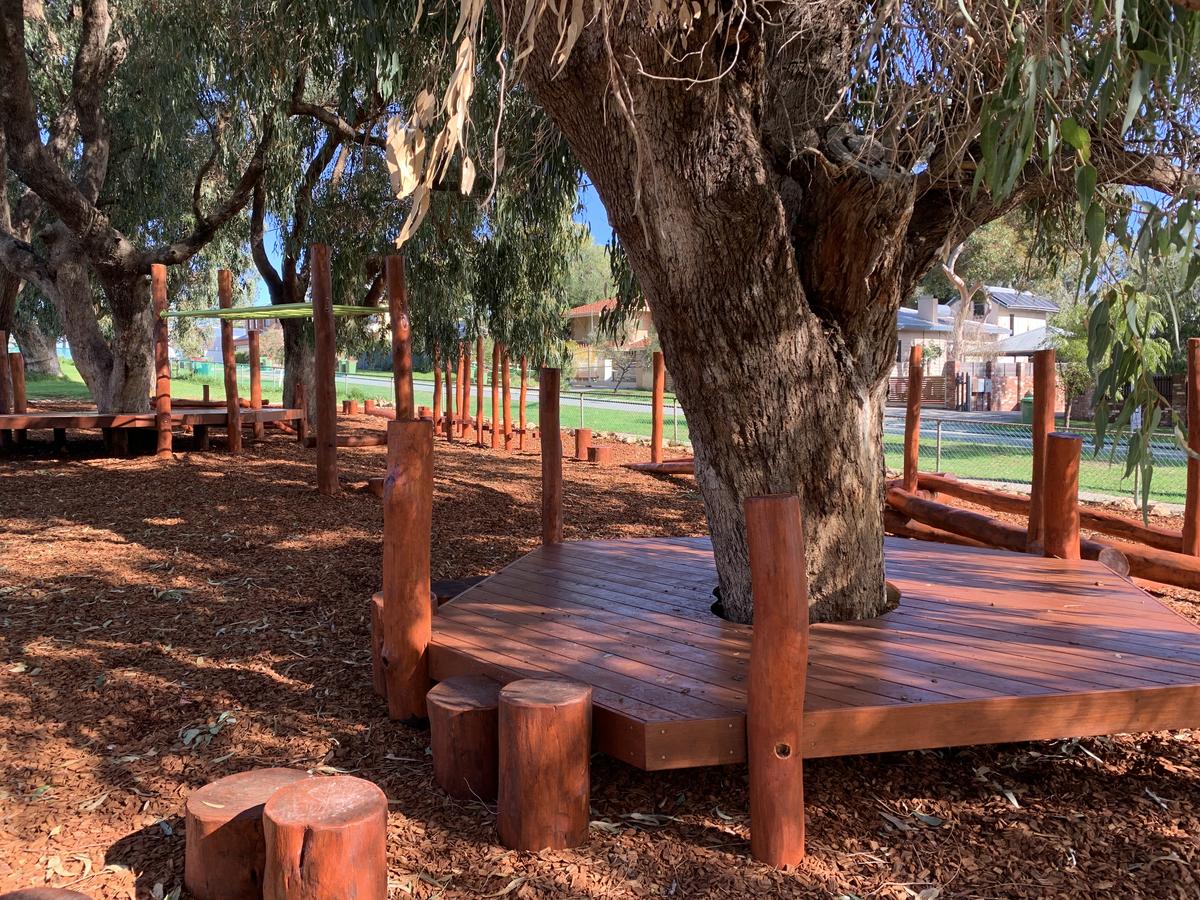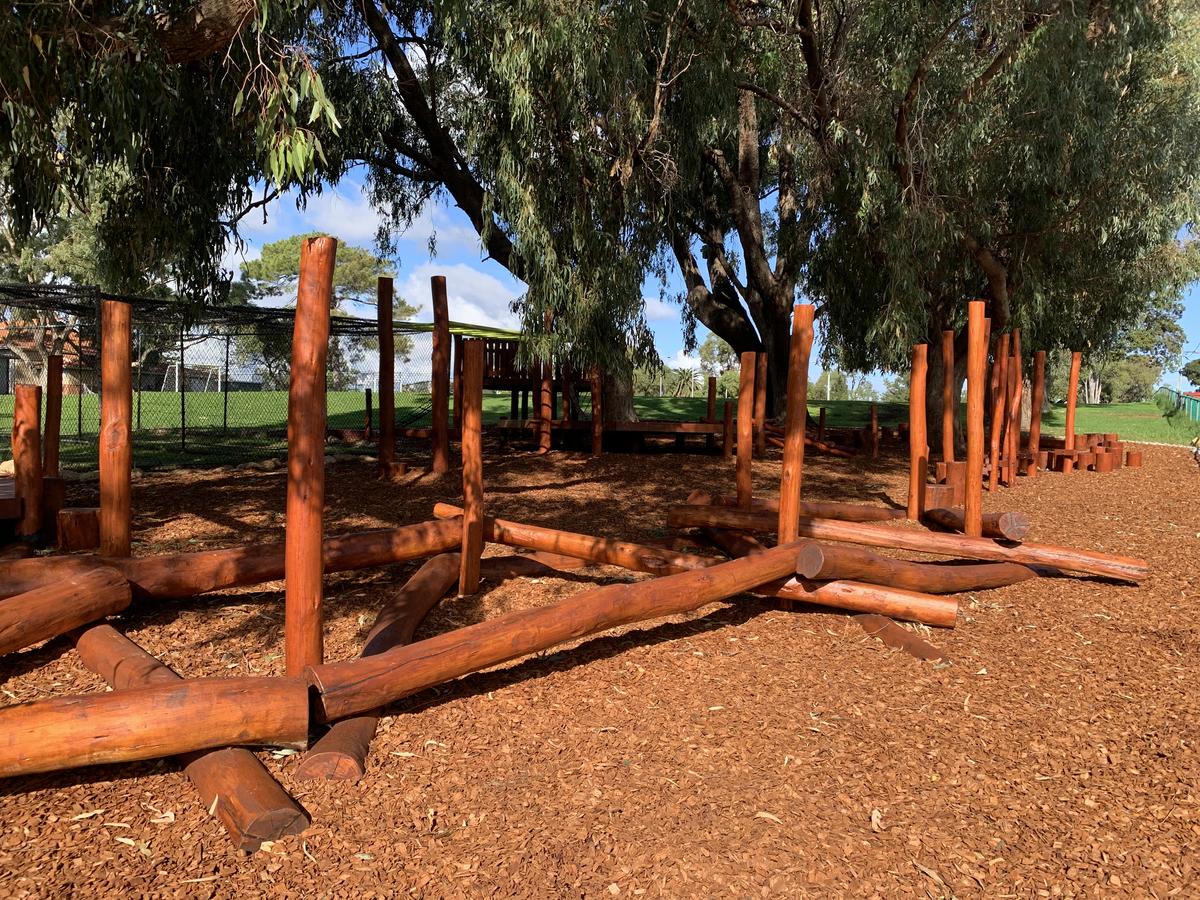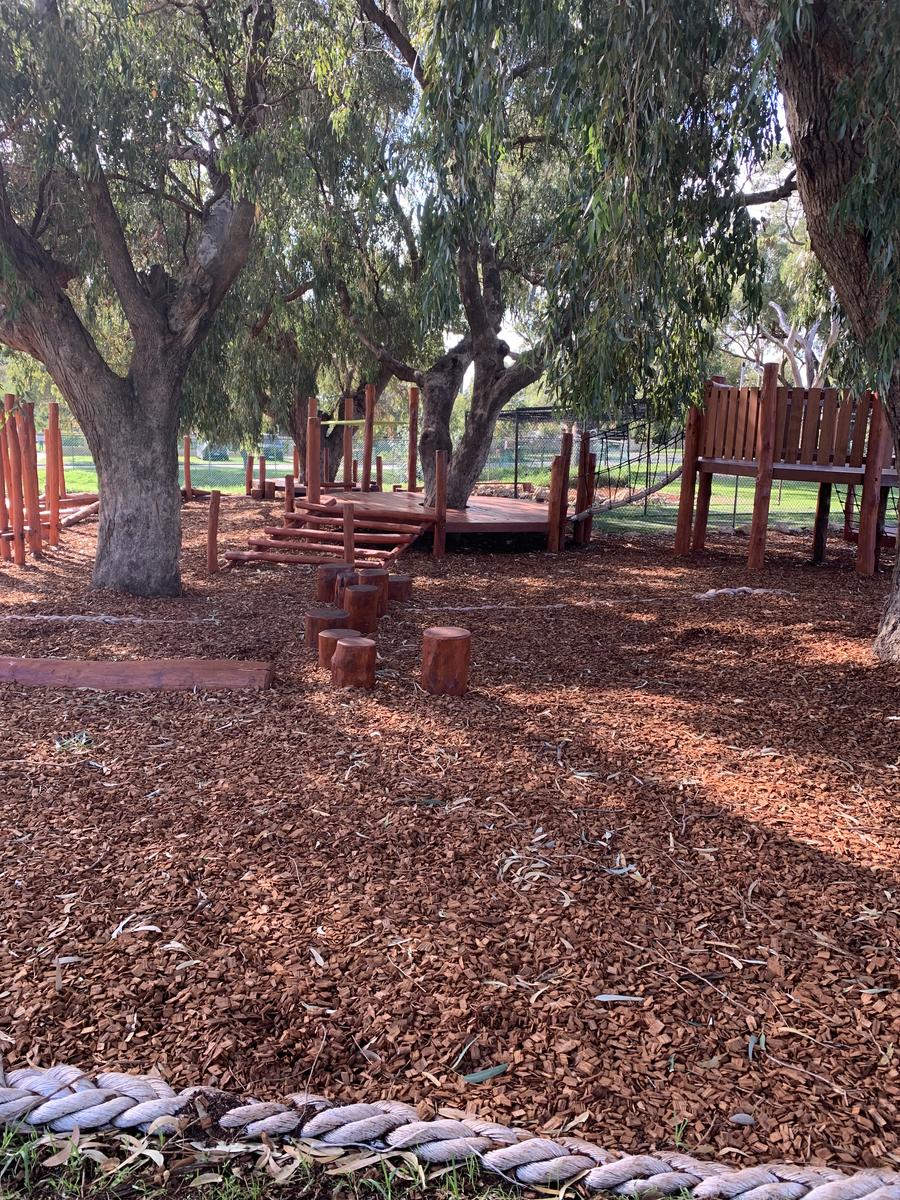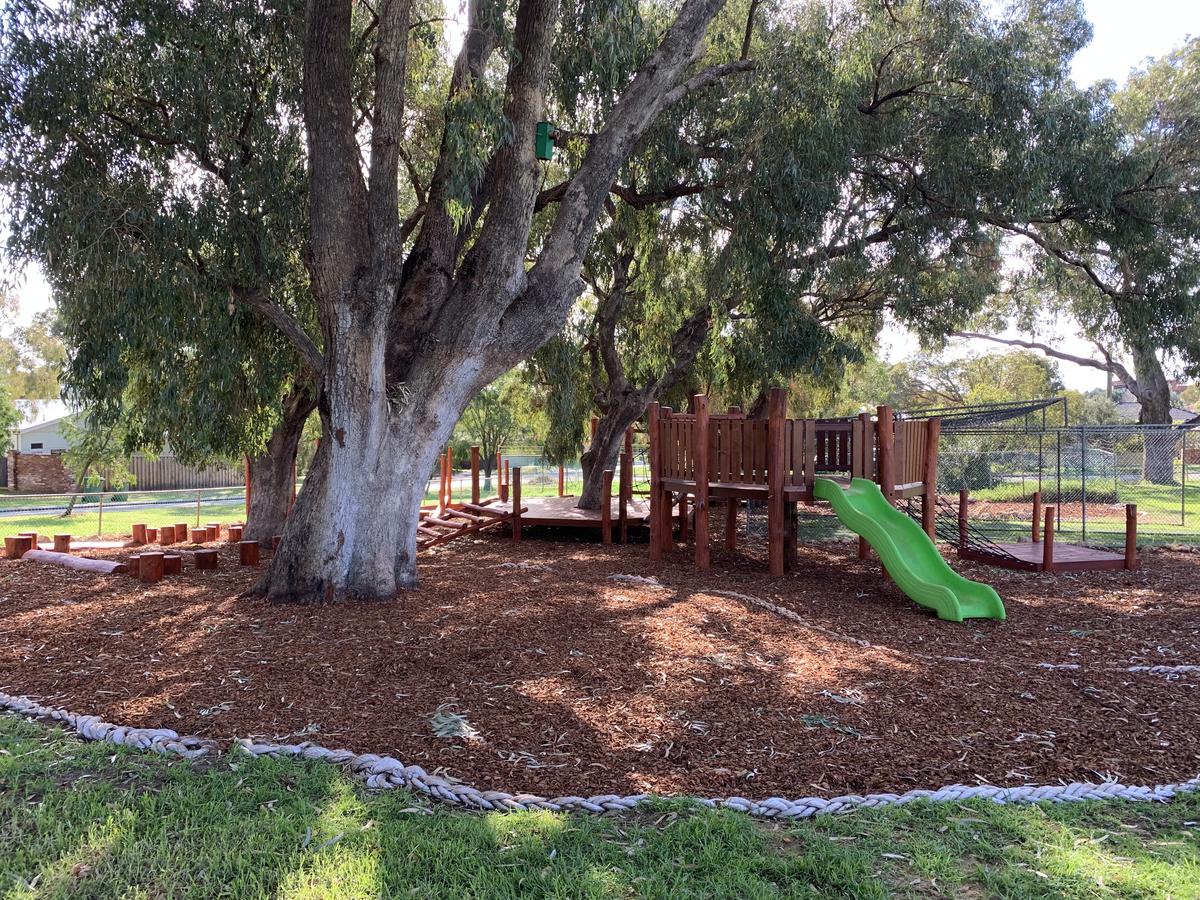School News
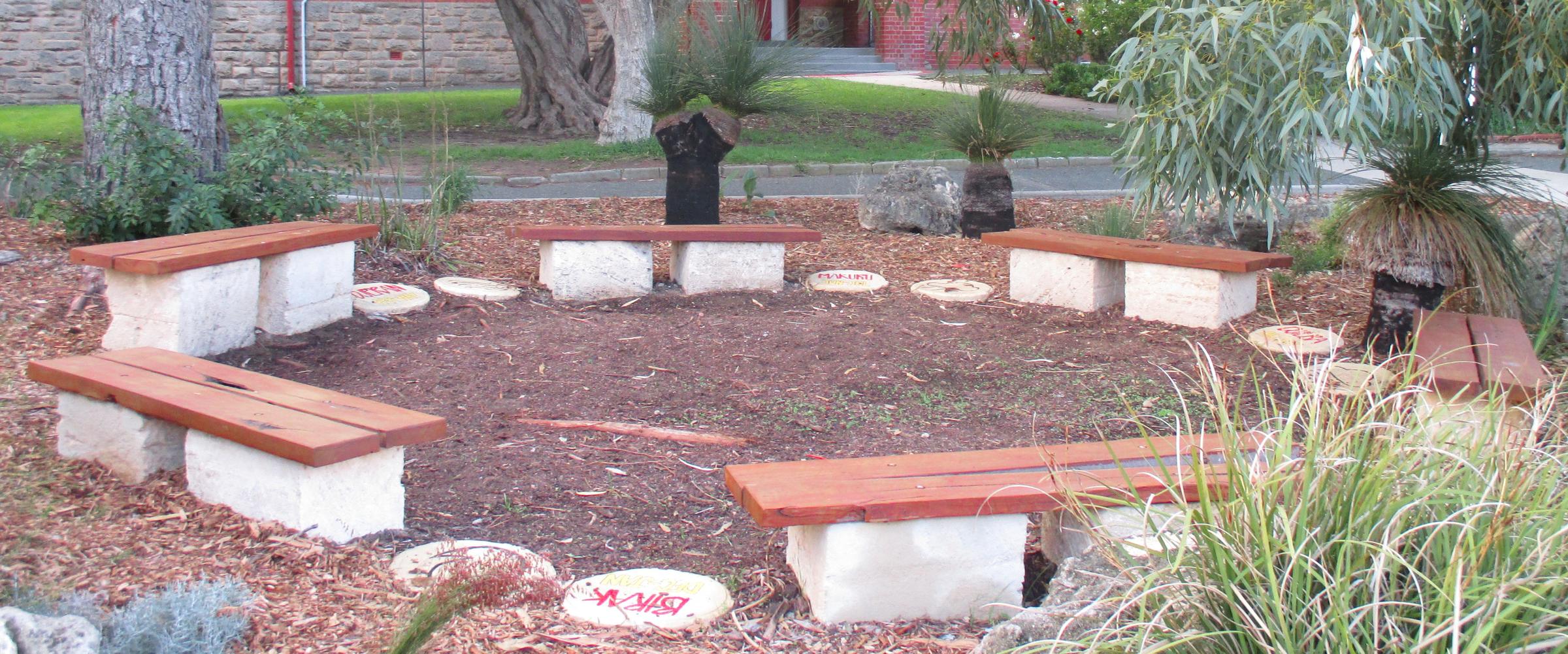
Room 2 - Year 5/6
Mrs Walker and Miss Antulov
HASS:
In HASS, we have been exploring Civics and Citizenship. Our main focus of inquiry surrounded the concept of democracy, rules and laws, the path of a bill and what it means to be an Australian Citizen! As we deepen our knowledge of such content, we now have started to create our own political parties as part of a Year 5/6 ‘Election Day’ project! Students have begun to name their parties and select their main values as well as create a political party logo. As a class we will now link the United Nations Sustainable Development Goals to our political parties, exploring what these are, their importance and selecting 4 main Sustainable Goals each to use as our political parties main ‘policies’.
READING:
In reading, we have travelled back in time inside the world of ‘Peter Nimble’ by reading the book ‘Peter Nimble and his Fantastic Eyes’ by Johnathon Auxier. We have immersed ourselves within his adventures and used our reading strategies such as inference, prediction and summarising to deepen our understandings of the text.
WRITING:
Our focus for this term in writing has been poetry! We have first been introduced to this topic by analysing poetry such as ‘The Highway Man’ by Alfred Noyes and identifying language features that can make our writing engaging, powerful and evoke emotion. Students then explored differing forms of poetry such as Haiku and Free Verse to create poems that include alliteration, personification, simile, metaphor, and imagery. Students further extended their capabilities of Canva by ‘publishing’ their poems digitally to create poetry artwork.
SCIENCE:
Science has involved the exploration of both Earth and Space Sciences as well as natural disasters. As a class we have investigated the phases of the moon and the main features and facts about each of the eight planets that make up our solar system. As a class we are now studying different natural disasters such as tsunamis and earthquakes and their impacts on our earth. We have conducted experiments to mimic these extreme events to understand how they occur and observe their destruction. Have a look at the pictures of us testing our different ocean mitigations to try to protect the shoreline.
Assembly - Room 7/Year 4
We hope you enjoyed your trip to Africa! Did you enjoy seeing the Nile River and Sahara Desert? Did you like all the animals? Did you find the facts fascinating? Did any of the animals sneak into your luggage and decide to call Australia home?
By Amelia and Violet
Honour Certificates
Congratulations to our Classroom recipients:
Room 1: Abi, Ally and Nieve
Room 2: Oscar and Tama
Room 3: Adelaide and Darcie
Room 5: Adam, Florence and Mallory
Room 6: Adele, Frederick and Isla
Room 7: Biara, Ivy and Reece
Room 8: Maximo, Mia and Sophia
Room 9: Georgie and Zack
Room 10: Beckett, Hayden and Sophie
Room 11: Aidan and Philippa
Room 12: Jude and Max
Room 14: Azalea, Evie and Leeuwin
Nature Playground Open
E-Safety with the E-Safety Commissioner
At White Gum Valley Primary School, we teach students how to be responsible digital citizens and safe online at the earliest appropriate opportunity. Students are supervised closely when on-line and mechanisms to monitor students are in place. We know that parents also want to ensure that their children are safe and responsible when engaged with screen time at home.
Identifying and managing internet safety risks with children is about helping them become responsible digital citizens. Parents won’t always be able to supervise their children online, so it is essential to empower them to manage their own internet safety risks to give them the ability to respond positively and deal with online threats if and when they occur. Parents can do this by:
- Being a role model for safe internet use.
- Talking with your child about internet use and online content.
- Guiding the way your child builds their online reputation.
- Teaching your child to be careful with personal information.
- Teaching your child about online purchases.
The following links are good jumping-in points for parents to start chatting about online safety issues and strategies with their kids. They contain age-appropriate information about internet safety and practical ways to keep children safe online.
Our fist go to source of information is the e-Safety Commissioner website https://www.esafety.gov.au/
Parents and carers might also want to click on the following links;Internet safety: children 6-8 yearsInternet safety: children 9-11 yearsInternet safety: teenagers
For those feeling overwhelmed with information and analysis-paralysis, one practical way to start thinking and talking about how we can use technology responsibly in the home is to create a Family Media Plan. It’s best to make your plan with your child and ask them for suggestions. Your plan can cover things like screen-free areas in the house and what online behaviour is OK. If parents follow the Family Media Plan rules, they’ll be role-modelling good online behaviour, too.Other handy references to bookmark include;
eSafety parent resourcesOnline safety and familiesHow to stop cyberbullyingAnti-bullying
IDCARE: identity theft and cyber-crime support service
Many thanks to one of our parents, Daniel Gretton, for passing some of the links on.
Have fun in exploring how you can all be safer online.
WGV Good Standing Policy
